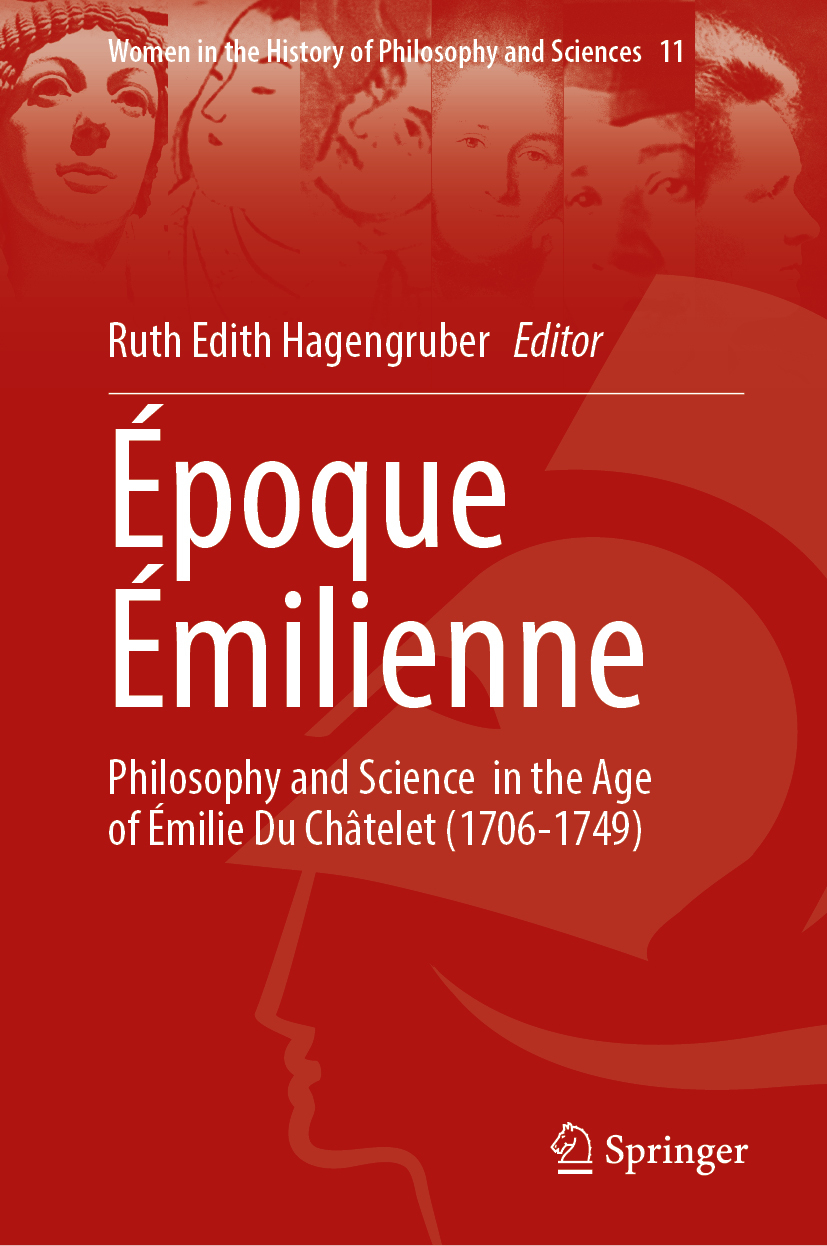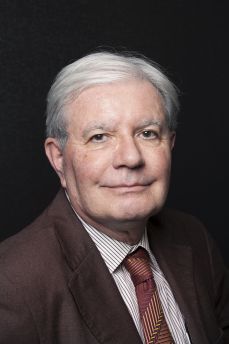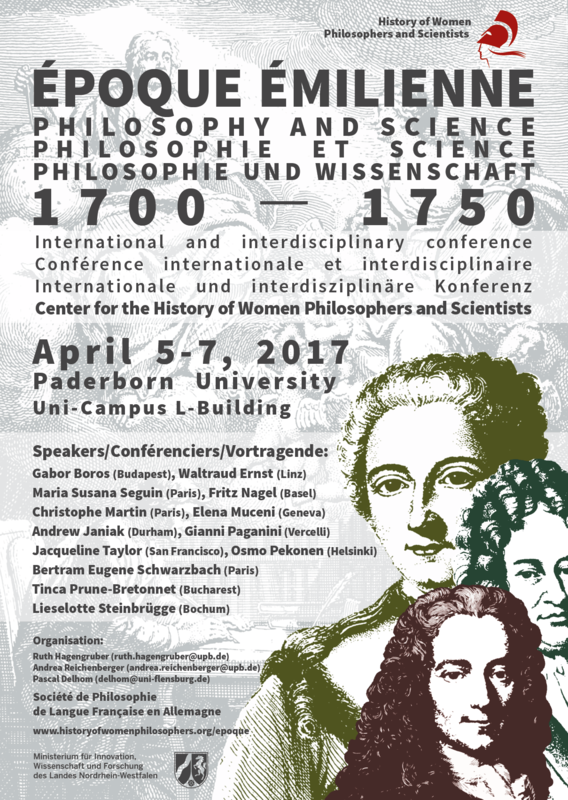

Abstract: It took more than three centuries for epistemologists and historians of the sciences to recognize Du Châtelet’s primacy in what can be considered the process of the rehabilitation of the hypotheses following the age of Newton, which was characterized by the polemic against Descartes’ “esprit de système” and by a strictly inductive interpretation of the scientific method. The oblivion into which the methodology of the Institutions fell is somewhat paradoxical. At various times in history, influential trends in the contemporary philosophy of science reassessed the value of hypotheses in scientific undertakings, first in the early nineteenth century with the readmission of hypotheses (with Comte and Whewell), then in twentiethcentury French conventionalism (Poincaré, Duhem), and finally in the more recent anti-positivistic epistemology (Popper, Feyerabend, Quine). Nevertheless, this spectacular reevaluation in epistemology did not take the pioneering work of Du Châtelet into consideration, whose acknowledgment as an important scholar has occurred only recently thanks to historians of philosophy specialized in Enlightenment studies. This article reconstructs the methodology of hypotheses developed by Du Châtelet against the background of the epistemological debates that led to the rehabilitation of the hypotheses against the famous motto by Newton: “hypotheses non fingo”. The author has detailed eleven rules that permitted the author of the Institutions to distinguish between a “bad” and a “good” use of hypotheses in the scientific explanations.

Gianni Paganini (2022). Émilie Du Châtelet’s Epistemology of Hypotheses. In: Hagengruber, R.E. (eds) Époque Émilienne. Women in the History of Philosophy and Sciences, vol 11. Springer, Cham
The full article and book can be found on Springer.
In addition we are hosting a conference on Émilie Du Châtelet’s Scientific Methodology Hypotheses and the Principles of Knowledge next week. Register now to participate by sending your name, email address and affiliation (if applicable) tp clara.carus@uni-paderborn.de
You cannot copy content of this page








